Kosovo's judo queen fights for recognition
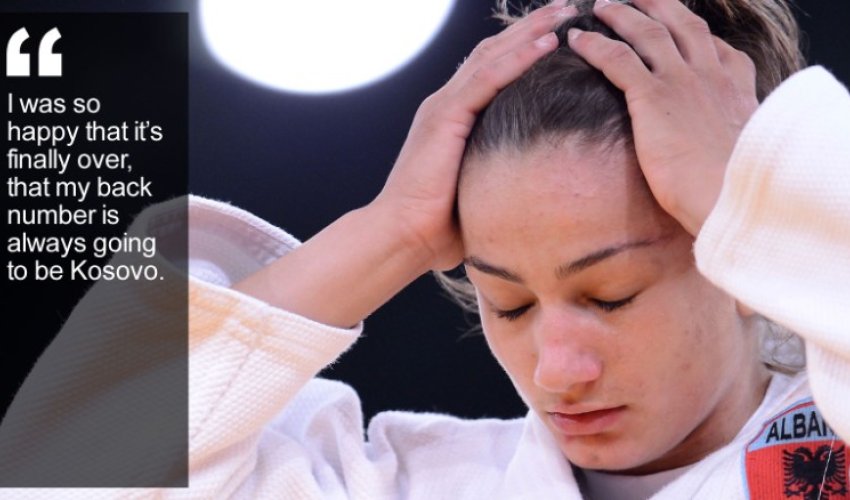
When Majlinda Kelmendi carries her country's flag at the 2016 Olympics, her powerful fighter's shoulders will also bear the weight of expectation of a nation finally gaining recognition after being ripped apart by war.
The back of her judo outfit will display three letters that represent more than just a label of her origin -- but a bold statement of identity for a Balkan region battling for independence.
"When we got recognized by IOC, it was the best thing that happened to Kosovo," the two-time world champion tells CNN's Human to Hero series.
"Not just for sport but as a country, because now athletes and young kids can dream to be in the Olympics and represent Kosovo."
Kelmendi fought at the London 2012 Olympics under the Albanian flag. That time her judogi said "ALB" -- next year it will say "KOS" as Kosovo becomes the latest part of the former Yugoslavia to compete at the sporting pinnacle in its own right.
"It's such an honor for me because it's the first time that Kosovo is going to be in the Olympic Games, and it's going to be me who is holding the flag," says the 24-year-old.
"I have dreamed of this for a long time and finally it is coming."
When Kelmendi won her first world title in Rio de Janeiro in 2013, it was a first for Kosovo -- which had been recognized by the International Judo Federation the previous year.
But when she defended her 52 kg crown in Russia last year, Kelmendi was forced to compete under "IJF" acronym because the host nation -- which supports Serbia's claims to Kosovo territory -- refused to recognize her homeland.
Her victory was bold defiance at a championships attended by Russian leader Vladimir Putin -- himself a noted black-belt judoka.
"We felt so bad but we were motivated to get a good result, and we did it -- Majlinda become double world champion exactly in Russia!" says her coach and mentor Driton Kuka.
His pride in her achievements is magnified by his own disappointment of having his promising judo career cut short by the Balkan conflicts.
Kuka, a six-time national champion, had been poised to compete for Yugoslavia at the 1992 Olympics, but Kosovo pulled out of the federation due to Serbia's attacks on the region's Albanian population.
"My career was finished at 20," he recalls. "I was the best in my category."
Yugoslavia would subsequently be banned from the Barcelona Games under United Nations sanctions, while Kelmendi's home town of Peja would be decimated during the Kosovo War of 1999.
"A huge number of houses were razed to the ground, many refugees were made there," says James Montague, a Balkans-based British journalist and author who has written about Kosovo's attempts to gain international recognition in sports.
Kuka's family was instrumental in helping to revive Peja, set in a picturesque mountain region near the western border with Montenegro.
The focal point was the dojo they built -- it became a focal point for the local youth, an outlet for their energy.
"Me and my two older brothers, we all train judo -- we are really in love with this sport," Kuka says. "We wanted to achieve results to make our new country proud."
In 2000, aged eight, Kelmendi visited the dojo with her sister and a friend.
"I didn't understand what was going on but then after three weeks of training we went to a competition in Sarajevo," she says.
"I saw that a lot of girls do this sport and I made a lot of friends, and I think it was the moment I started to love judo.
"My coach said I am going to be in Olympics. Everybody said he's dreaming too much, but he's the kind of person who works very hard and there is no problem which has no solution."
(CNN)
www.ann.az
Similar news
Similar news
























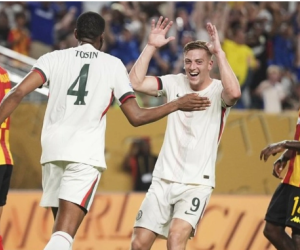
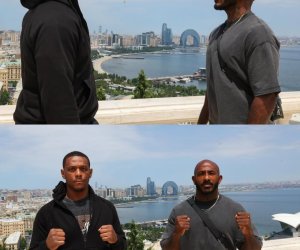
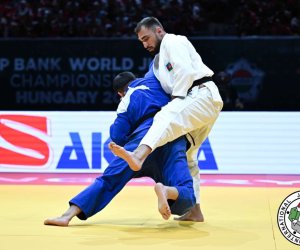
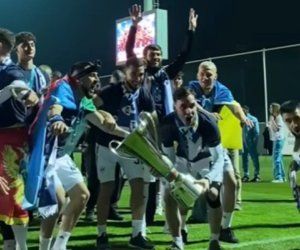
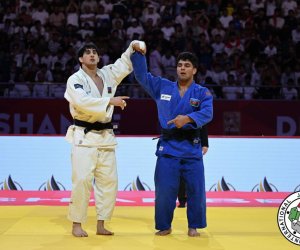
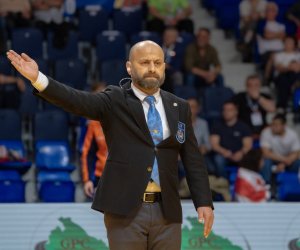
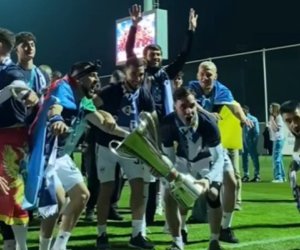
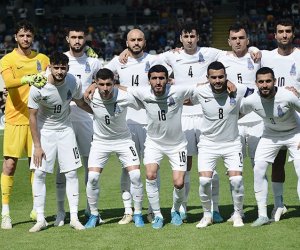
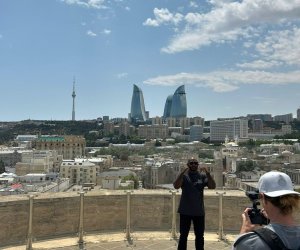



 Photo
Photo 



 Video
Video 

